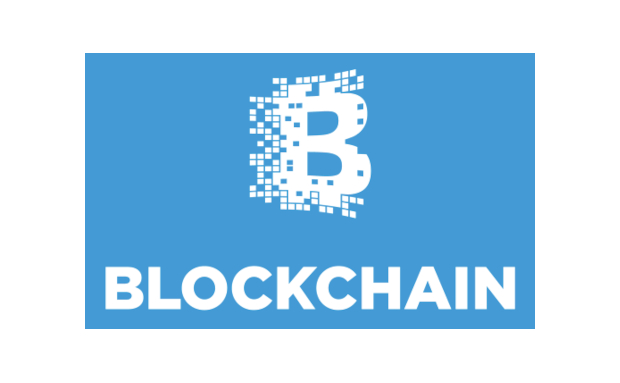Is the current retail banking system broken? Many would say yes. Can it be fixed? Probably and here are some reasons why Bitcoin and blockchain may offer a lifeline to the banking identity crisis, argues Blockleaders.io’s Lisa Gibbons.
With recent support for Bitcoin coming from the major digital banks like Revolut and German bank N26, it is time for the banking sector to recognise the fast paced change happening under its nose. Gone are the days when banks can consist of boards of white haired men making top down decisions that impact the wider economy. The digital age requires banks to be transparent, trustworthy, vibrant, flexible and secure.
Banks today must provide the same level of reassurance as they have done historically but also leverage technological trends that encourage loyalty from customers. Using bitcoin to rediscover the value of a bank as more crypto holders look to store, manage, maintain and safeguard their digital assets.
What is the role of a bank?
A financial institution that is licensed to accept deposits and make loans but really what is a bank to the general public? A safe place to store your most valuable assets at every stage of life’s journey: wages, savings, mortgage, kids education and pension.
It is a trusted building that will guarantee my earnings are secure. It is a place to go to when I need financial advice. It protects my assets in ways that others can’t. It helps me to secure loans for my business. It shows others how reliable I am so that they can give me a mortgage.
Dismissing the banking system as old, defunct or inoperable maybe tempting as a technologies working on the cutting edge of the fintech environment. However, the value of banks to individual neighbourhoods, societies and countries is not to be underestimate.
To put some context around this, in a study of the top 10 large banks in 92 countries it was found that government ownership of banks is pervasive and “The world average share of banking assets controlled by the government is 48%.” More recently, the International Monetary Fund reported that state-owned banks hold 21% of the assets of the banking system worldwide.
What is clear from all studies is that governments are still key players in the stability of the financial services industry. The ownership structures of these banks may effect operations, causing delays to the implementation and management of innovative technologies. However, there is increasing pressure on the banking system to maintain their leading role in the management of society’s financial requirements.
If blockchain technology can help to better track, analyse and use real-time transaction data to better understand customer behaviour. Bitcoin can provide a way for banks to demonstrate a wholesome approach to safely securing all financial assets while also delivering new services for today’s consumer.




Recent Comments